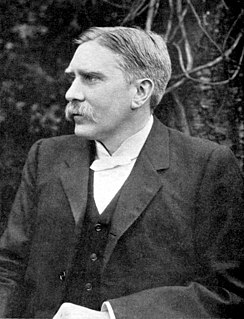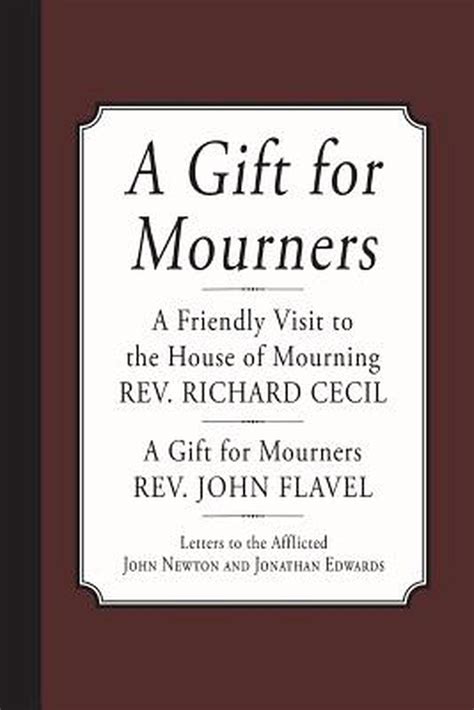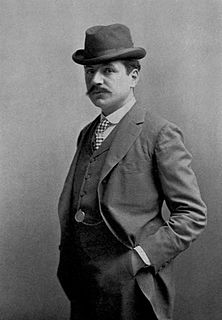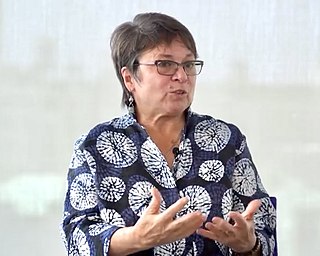A Quote by A. C. Benson
The friend is the person whom one is in need of and by whom one is needed.
Related Quotes
A FRIEND IS A PERSON . . . With whom you can be sincere. . . . To whom you never need to defend yourself. . . . On whom you can depend whether present or absent. . . . With whom you never need pretend. . . . To whom you can reveal yourself without fear of betrayal. . . . Who does not feel she owns you because you are her friend. . . . Who will not selfishly use you because she has your confidence. I WOULD HAVE SUCH A FRIEND. . . AND I WOULD BE SUCH A FRIEND. I DO HAVE SUCH A FRIEND!
A friend is more than a therapist or confessor, even though a friend can sometimes heal us and offer us God's forgiveness. A friend is that other person with whom we can share our solitude, our silence, and our prayer. A friend is that other person with whom we can look at a tree and say, "Isn't that beautiful," or sit on the beach and silently watch the sun disappear under the horizon. With a friend we don't have to say or do something special. With a friend we can be still and know that God is there with both of us.
The being who, for most men, is the source of the most lively, and even, be it said, to the shame of philosophical delights, the most lasting joys; the being towards or for whom all their efforts tend for whom and by whom fortunes are made and lost; for whom, but especially by whom, artists and poets compose their most delicate jewels; from whom flow the most enervating pleasures and the most enriching sufferings - woman, in a word, is not, for the artist in general... only the female of the human species. She is rather a divinity, a star.
Here I come to one of the memoir writer's difficulties -- one of the reasons why, though I read so many, so many are failures. They leave out the person to whom things happened. The reason is that it is so difficult to describe any human being. So they say: 'This is what happened'; but they do not say what the person was like to whom it happened. And the events mean very little unless we know first to whom they happened.
Our strategy is how we cope--how we measure and weigh what is to be said and when, what is to be done and how, and to whom and towhom and to whom, daily deciding/risking who it is we can call an ally, call a friend (whatever that person's skin, sex or sexuality). We are women without a line. We are women who contradict each other.
Before prayer, endeavour to realise Whose Presence you are approaching and to Whom you are about to speak, keeping in mind Whom you are addressing. If our lives were a thousand times as long as they are we should never fully understand how we ought to behave towards God, before Whom the very Angels tremble, Who can do all He wills, and with Whom to wish is to accomplish.


































